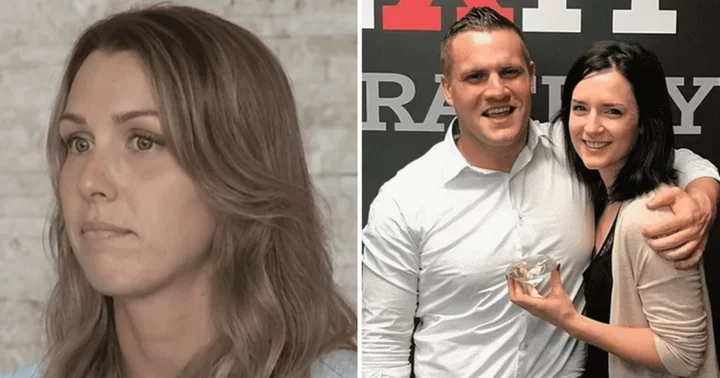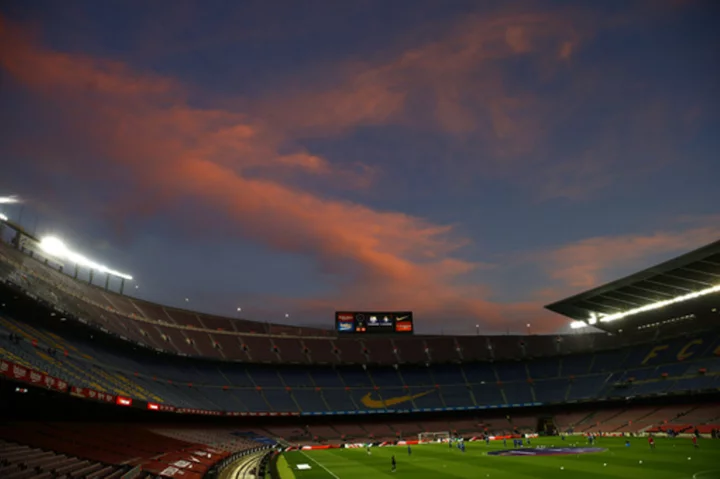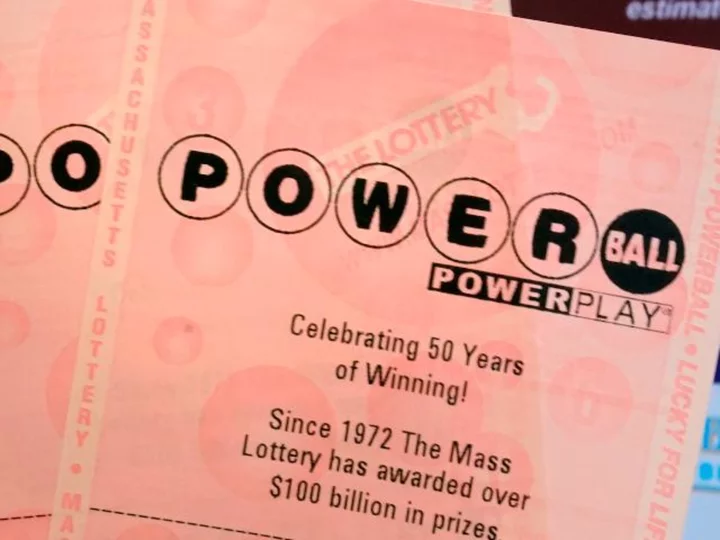Apple has denied claims that its iPhone 12 emits illegal levels of radiation for users, amid fears that the phone could face a Europe-wide recall.
France’s National Frequency Agency (ANFR) said on Tuesday that tests had revealed unusually high levels of electromagnetic radiation being emitted from the device.
The smartphone, which was released in 2020, has a reported Specific Absorption Rate (SAR) that is 40 per cent above the legal limit, according to to agency. The ANFR therefore ordered Apple to halt sales of the device and warned that a recall would follow if Apple fails to fix the problem.
A spokesperson for Apple told The Independent that it contests the results of the findings made by the AFNR and is engaging with the regulator in an effort to prove that its iPhone 12 is compliant.
The US tech giant said it has provided the ANFR with independent third-party lab results proving the iPhone 12’s compliance, and has already been certified by multiple international bodies that it meets SAR regulations.
The Independent has reached out to the AFNR for comment.
Other regulators across Europe have warned that the French findings could have implications for the rest of the continent, with Belgium, Germany and the Netherlands all signalling that they might follow the sales ban.
Dutch digital watchdog Rijksinspectie Digitale Infrastructuur (RDI) said on Wednesday that there did not appear to be an “acute safety risk” but that the Netherlands attached “as much importance as France to safe use of mobile phones”.
On Tuesday, France’s junior minister for digital economy said that the ANFR’s findings would be shared with other EU member states, warning that it could have a “snowball effect” for the smartphone maker.
Apple is set to discontinue sales of the iPhone 12 following the launch of the iPhone 15 earlier this week, however any potential recall could prove damaging.
German regulators said on Thursday that the French procedure could have implications for the whole of Europe.
Read MoreFrance’s iPhone 12 ban could spread across Europe, regulators say









